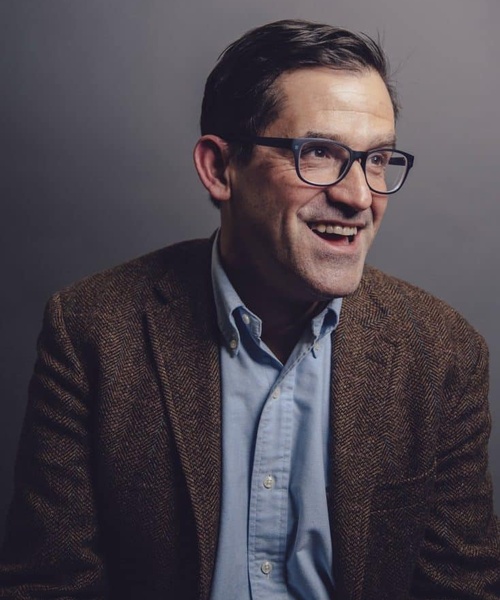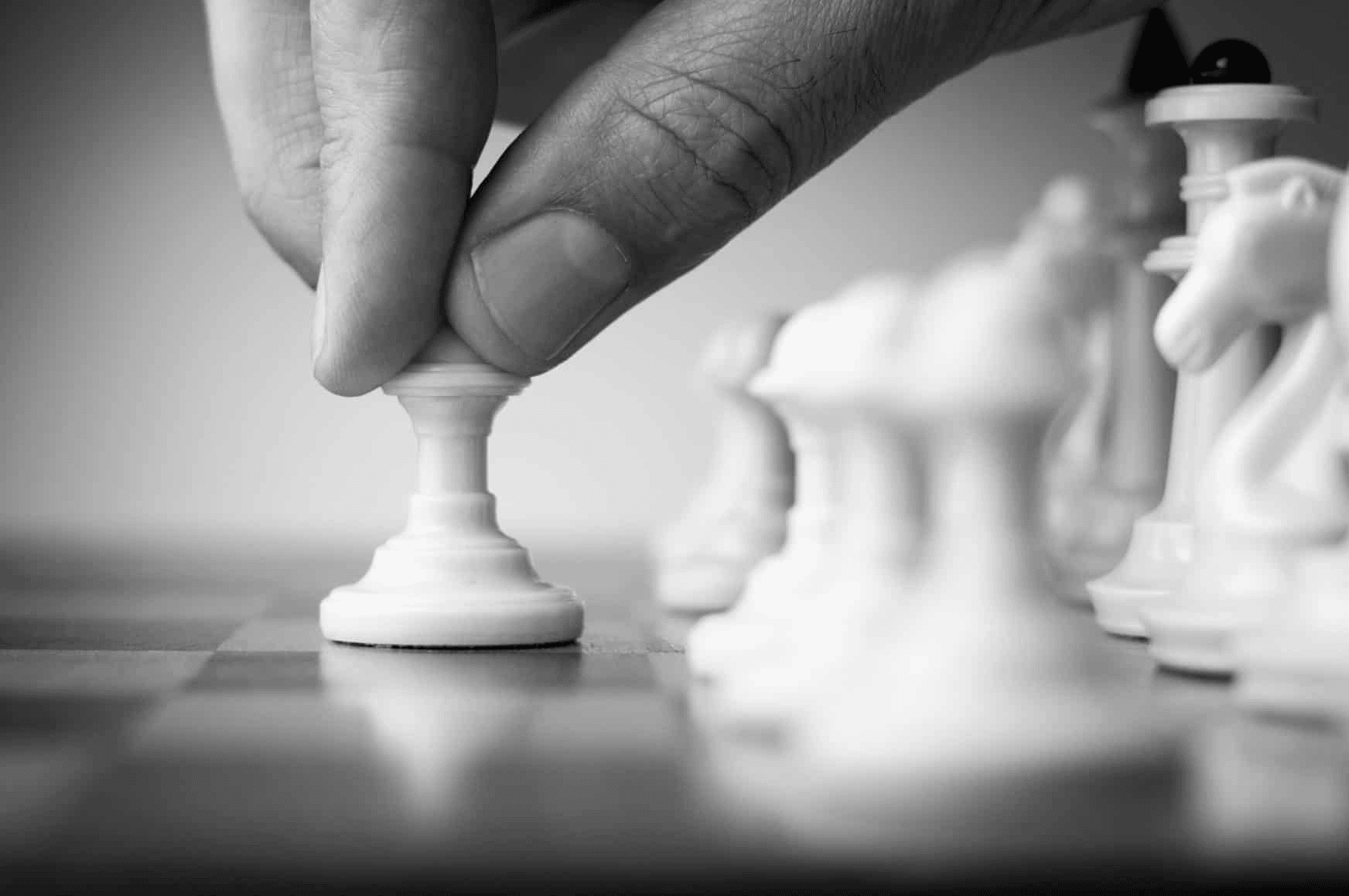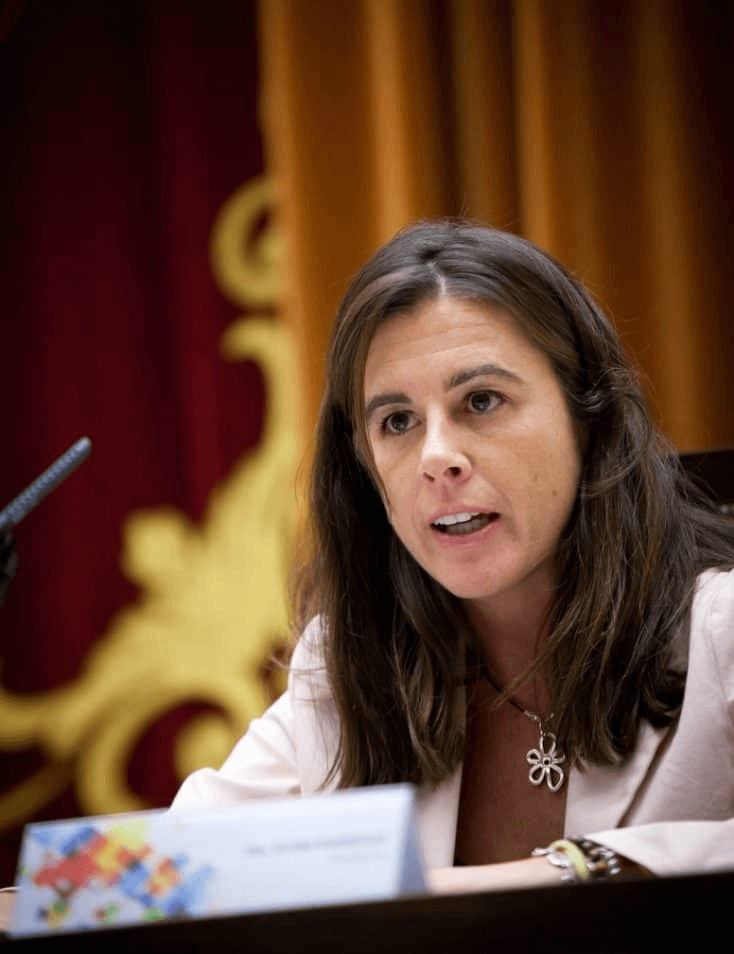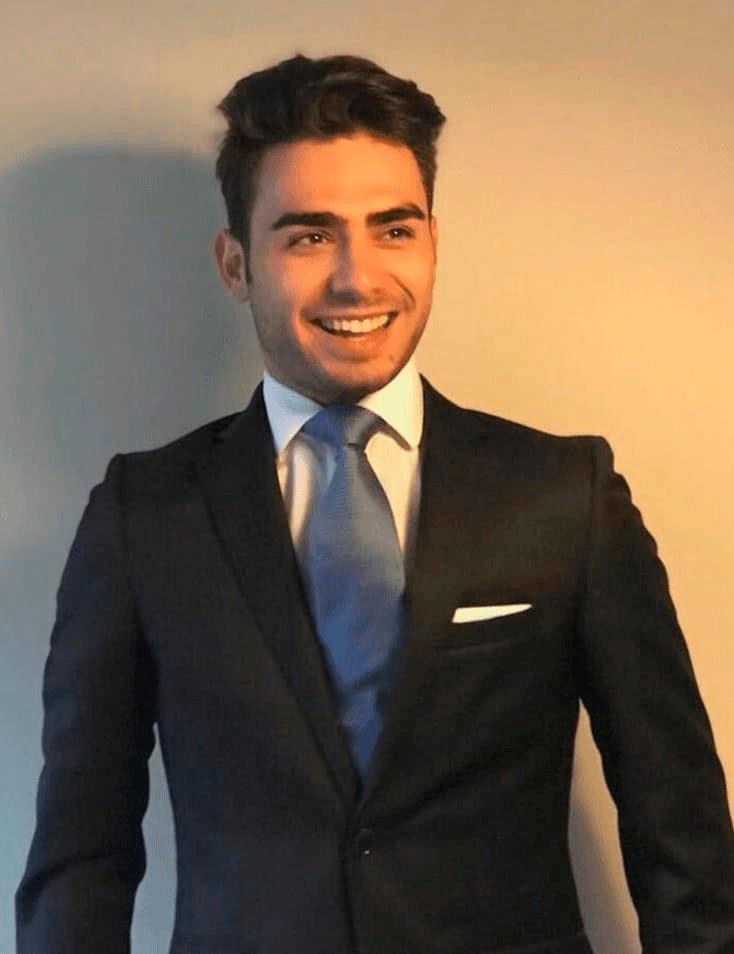
Francisco Marcos
Professor Francisco Marcos is an expert in the economic analysis of law, as well as commercial and competition law. He has worked as an independent consultant for the World Bank-IFC, the European Commission, and the Asian Development Bank, advising governments, companies, and firms in different countries on matters related to market regulation and antitrust law. His extensive international professional experience has shaped him into the renowned professor he is today. “My professional career has given me new and fresh insights and ideas for my research and teaching activities, from a very practical perspective,” says Paco (as his colleagues call him).

"A lawyer is a social architect or engineer who provides the legal infrastructure for human relations in different contexts."
Professor Marcos believes that in the modern globalized world, countries need to work together to adequately address the challenges of transnationalism. “In today’s global economy, the great cross-border effects and the impact of business behavior and market transactions may be difficult to tackle from traditional, national positions and perspectives,” he explains.
In this interview, Francisco reveals what he has learned in his journey as a teacher, and what he enjoys most about interacting with international students.
What do you enjoy most about being a teacher?
Being a teacher is an enjoyable intellectual endeavor that forces you to reflect on the issues and problems you’re teaching, and makes you organize your thoughts and ideas in order to be able to communicate them convincingly to students.
What’s the best advice you’ve received from a professor or professional you admire (and that you would like to pass on to your students)?
In my LL.M. at Berkeley I took classes with Stefan Riesenfeld (and served as his research assistant). Early on in his classes he made me change my approach to legal issues, enabling me to become more analytical and critical and to overcome the tedious learning-by-heart approach that I was taught and had followed in the past.
What’s special about teaching law at IE Law School?
Teaching is taken very seriously, by both the students and the professors. Most of the classes are organized around cases or discussions of problems, and they’re very interactive. In some of our classes students come from many different countries and backgrounds, and that enriches the learning and teaching experience, both for professors and for fellow students.
What are the challenges facing legal professionals today, and how are we preparing future lawyers?
I don’t think the fundamentals of legal thinking have changed; most of the basic principles, rules, and institutions are the same, although the evolution of society has given way to new legal problems.
“Being a teacher is an enjoyable intellectual endeavor”
What’s the main difference between being a lawyer 20 years ago and being a lawyer today?
Technology has changed the way we approach, think about, and work with the law. It has solved some of the traditional legal puzzles and problems, but it has also created new legal challenges.
In your opinion, what’s one of the greatest legal challenges created by technology?
I think technology raises huge legal challenges in many areas of human behavior; the protection of privacy and other fundamental rights are probably the most salient ones.
What’s your own definition of a lawyer?
A lawyer is a social architect or engineer who provides the legal infrastructure for human relations in different contexts. The best lawyers are those that are able to do so in a satisfactory manner for the different parties involved, both fairly and efficiently.
What book are you currently reading?
In English, How to Regulate: A Guide for Policymakers by Tom Lambert (U. Missouri Law School). In Spanish, I’ve just finished reading Alejandro Nieto’s Testimonios de un jurista (1930-2017).

